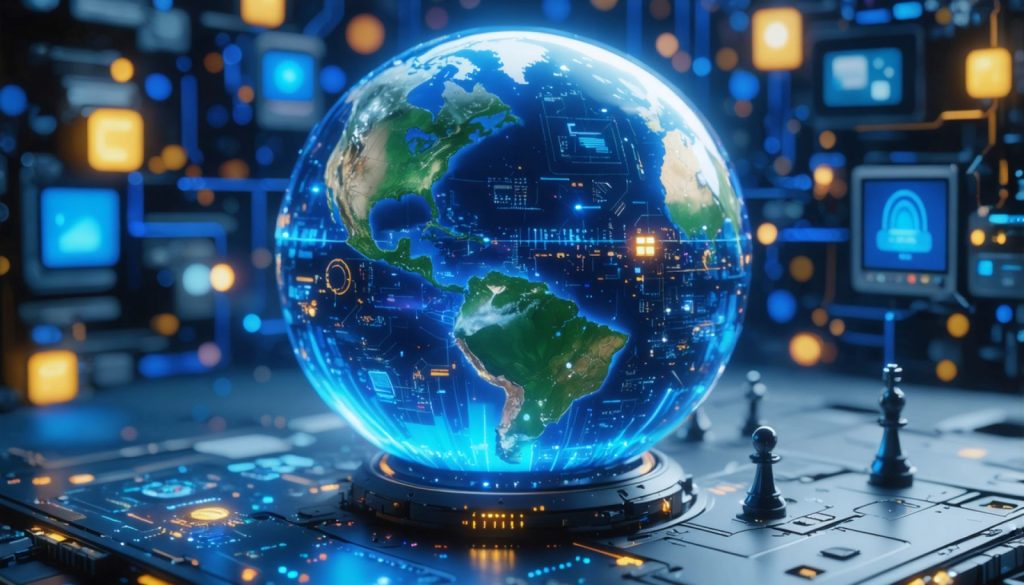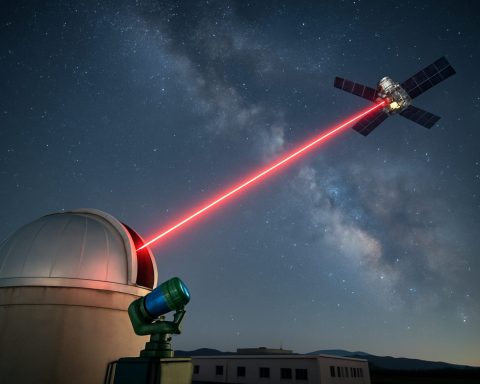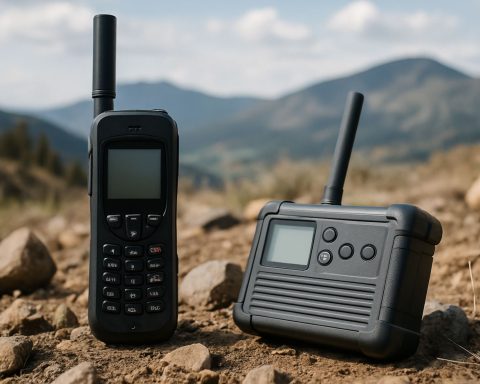Multi-Agent System
A Multi-Agent System (MAS) is a computational system comprised of multiple interacting agents that are capable of autonomous decision-making. Each agent in a MAS can perceive its environment, communicate with other agents, and act on its own or in collaboration with others to achieve specific goals or tasks. These agents can vary in complexity, capabilities, and objectives, ranging from simple reactive agents to sophisticated ones with learning and reasoning abilities.Multi-Agent Systems are used to solve complex problems that are difficult or impossible for a single agent or a centralized system to address effectively. They can be found in various applications, such as robotics, simulations, optimization problems, distributed control, and social modeling, among others. The interaction among agents can be cooperative, competitive, or a mix of both, leading to diverse dynamics and emergent behaviors within the system. The design of a Multi-Agent System involves considerations of agent architecture, communication protocols, and the overall system's coordination mechanisms to ensure effective collaboration and problem-solving.






